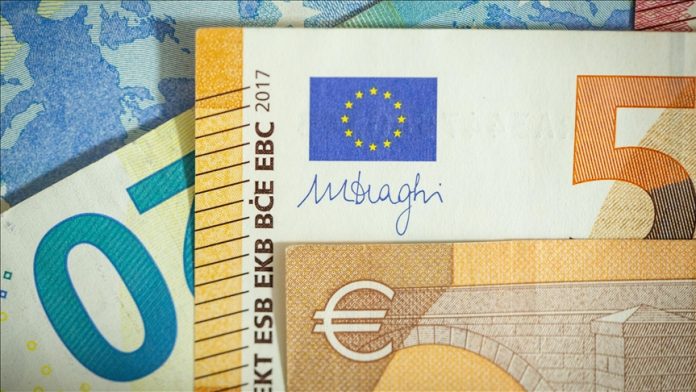The US, France, Italy, Germany and Britain on Sunday urged Kosovo to suspend its decision to replace the local currency, the Serbian dinar, with the euro from 1 February, fearing tensions between Pristina and Belgrade.
The embassies of the Quint countries (the US, France, Italy, Germany and the UK) issued a joint statement on the new cash payment regulation.
According to the statement, the decision could negatively affect the regulation of schools and hospitals, which would mean a direct impact on the daily lives of the vast majority of Kosovo Serbs who receive payments and financial aid from Serbia.
This comes after Quint’s ambassadors met with Kosovo Prime Minister Albin Kurti on 26 January. The Kosovo government stated that Kurti emphasised the importance of everyone in the country respecting the constitution and the law, as well as respecting independent authorities, in this case the central bank. The US has also asked the Kosovo government to reconsider its decision to replace the Serbian dinar with the euro, fearing tensions between Pristina and Belgrade over the issue. A statement issued by the US Embassy in Kosovo, as reported by Radio Free Europe (RFE), said:
We urge the government of Kosovo to revisit this decision, consult with the affected communities, respond to the concerns expressed by the international community, and provide ample time for decisions to be implemented in order to mitigate the impact those decisions will have on its citizens.
On 17 January, the country’s central bank announced in a decree that Kosovo would switch to the euro for cash and payment transactions as of 1 February. The next day, Serbian President Aleksandar Vučić called the announcement “alarming”, saying it “calls into question all processes of both normalization and dialogue”.
The move could provoke disputes and even unrest because ethnic Serb communities in Kosovo currently use the dinar, the official currency of neighbouring Serbia, in both public institutions and commercial transactions.
Employees of Serbian institutions receive dinars to pay salaries, pensions, child allowances and social assistance. Prices in shops in northern Kosovo, which borders Serbia and has a large ethnic Serb population, are quoted only in dinars.
According to a central bank regulation, currencies other than the euro can only be used in the country for physical storage or in bank accounts.
Serbia still does not recognise Kosovo’s independence, declared in 2008, and the northern region, home to half of the 100,000-strong Serb minority, has seen frequent ethnic clashes. The violence culminated last September when Serb militants attacked Kosovo police in the northern village of Banjska, killing one policeman and three militants.
Twenty-five years after the end of the war, the country of 1.8 million people is still guarded by NATO troops, who have increased their presence by an additional 1,000 troops since last year’s violence.
